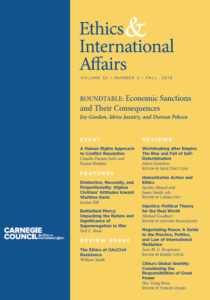Anaheim police officer Daron Wyatt shot and killed Adolph Gonzalez following a traffic stop and physical confrontation among Gonzalez and officers Wyatt, and Matthew Ellis. Gonzalez’s successors brought a 42 U.S.C. § 1983 claim alleging, among other claims, a violation of Gonzalez’s Fourth Amendment right to be free from the use of unreasonable and excessive force. In Gonzalez v. City of Anaheim, the Ninth Circuit held that inconsistencies in the officers’ testimony regarding the physical confrontation raised a genuine dispute of material fact concerning the immediacy of the threat that Gonzalez posed to the officers and others. As a result, the court held that summary judgment was not proper. This Comment argues that the majority appropriately applied a strict summary judgment standard that more broadly considers what constitutes a dispute of material fact because the defendants were the cause of the defendant’s death and the only surviving eyewitnesses. By allowing such cases to reach the jury, this summary judgment standard protects the constitutional rights of the deceased and prevents courts from improperly relying on one-sided, potentially self-serving testimony by state actors.
Source: Boston College Joural of Law and Social Justice




Be First to Comment